On the 600 block of South Dearborn in downtown Chicago, Dennis Houndsmen, a 51-year-old self-employed entrepreneur, walked out of a polling place on Printer’s Row while adjusting the new bracelet on his wrist that read: “I voted, did you?”
Early reports from the Board of Elections suggested that most Chicago voters did not cast a ballot in the historic election, with perhaps fewer than 30 percent showing up to choose the next mayor of the city.
A record 14 candidates were running for mayor of America’s third largest city.
Houndsmen said he hopes a younger candidate is elected mayor; someone with more progressive views and ideas for a city that keeps making national news for its crime and police corruption. Houndsmen is also pretty sure the election will come down to some of the most recognizable names on the ballot.
Two-term incumbent Mayor Rahm Emanuel decided not to run for reelection, leaving the race wide open for established candidates such as Toni Preckwinkle, the president of the Cook County Board, and seasoned politician Bill Daley, who is part of the dynasty that has ruled Chicago under his brother and father. Like Emanuel, Bill Daley was President Barack Obama’s chief of staff and was Commerce Secretary under Bill Clinton. Preckwinkle is one of six black candidates in the race for mayor.
Uptown resident Amy Rohalla, 34, said the sheer number of candidates for mayor make it hard to make a decision.
“Once I narrowed down the pool that I was looking at to like the top seven people or less, then it became much easier,” Rohalla said. “It’ll probably end up between two people having to have a run-off.”
A run-off will occur if none of the candidates secures more than 50 percent of the votes. The possible run-off election would take place on April 2, giving voters more time to decide who they want as their mayor.
“Having 14 candidates is pretty tough, but you just have to do your research,” Ruiz said.
In addition to the mayor’s race, 160 candidates were vying for a seat on City Council. Of Chicago’s 50 Wards, only four were uncontested, meaning the incumbent alderman is running unopposed. Aldermen serve four-year terms. Voters also were electing a city clerk and treasurer.
Adrian Cobb, a 68-year-old retired resident of the Printer’s Row neighborhood, said she was disappointed Emanuel didn’t run for another term as mayor.
“I thought he would have been good,” she said. “He’s done some good things. I guess he’s tangled up in some unfortunate things. I’m sorry he’s not running, but hopefully we’ll get some new blood, some new ideas, some less tainted aspects in city government.”
Outside City Hall, John Holden, 57, a freelance communication consultant and former journalist was handing out flyers for candidate Paul Vallas, former chief executive officer of Chicago Public Schools.
“I believe whoever the new mayor is, they need to get the city’s finances under control,” Holden said. “They need to get it away from bankruptcy. They’ll have to get a handle on the terrible crime and revive the economic fortunes of the smaller and poorer communities of the city.”
Holden also noted that the election could be a turning point for the city in the sense that Chicago could get away from the “Rahm Emanuel machine” that has controlled the city for 30 years.
“All I know is that we need someone much different in power to have any hope of changing things around,” Holden said.
Two of the key issues in the Mayoral Election revolved around reforming the public school system and addressing crime. Chicago’s former Police Superintendent, Gary McCarthy, was on the ballot along with Lori Lightfoot, former president of the Chicago Police Board.
“Whoever the new mayor is should focus on police accountability and Chicago Public Schools,” said Trevor Ruiz, a 30-year-old freelance photographer. “I voted for the person who I believe would make those issues their priority.”
In Cottage Grove, the sidewalks and bus stops were covered in posters for varying mayoral candidates.
Elizabeth Carnesan, a 58-year-old student at Kings College and housekeeper, said the new mayor has to address the violence in the city. The large number of candidates of color in the race didn’t impress her.
“Just because they’re black, doesn’t mean they have our best interest,” she said.
Other voters said employment was a big issue for them. Shanika Brown, 31, works as an outreach member for the Lawndale Christian Legal Center, a program that creates employment opportunities for at-risk young men.
“Top priorities for the mayor will be, I would say, employment for the unemployed and for people with felonies… and more education options for elementary schools, high schools, as far as more schools opening in the neighborhoods instead of closing them down,” Brown said.
For Brown, the wide variety of candidates was a nice change to the election process. She said there are usually only two or three options in the election, but with more variety, there is a greater chance to find the candidate that will make positive change. “I think it’s good that it’s a lot of people running for mayor election, I just hope that we pick the right one.”
Ethan Anderson, William Andrews, Nick Canonaco, Isabella Eliopulos, Nick Forsythe, Emma McNamee, Kanwal Memon, Betsy Morici, Louise Netz, Yasmeen Qahwash, Yasmeen Sheikah and Jasmeen Vaughn contributed to this report.

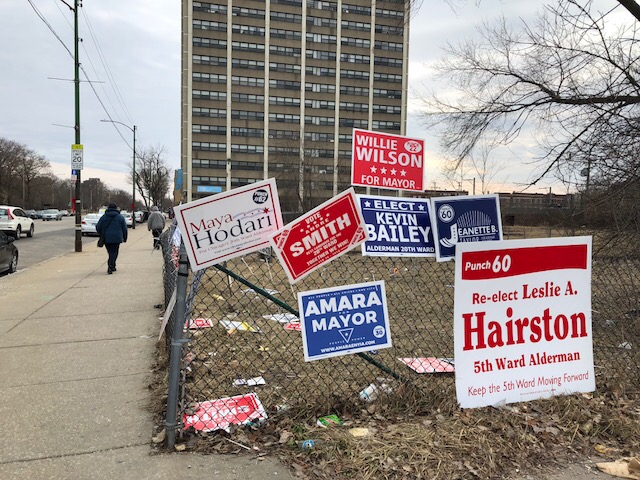


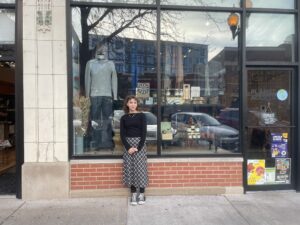



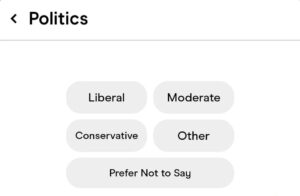
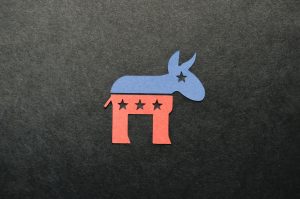
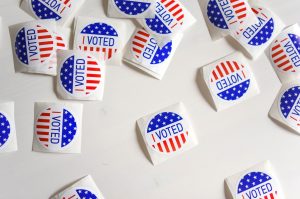
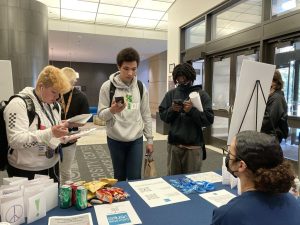
Be First to Comment